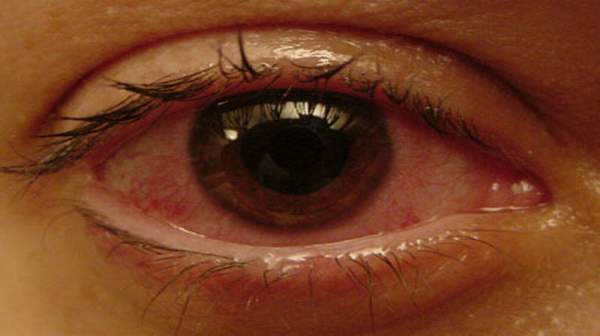What's in this article?
What is Chorioretinitis?
Chorioretinitis is an inflammation of the choroid (thin pigmented vascular coat of the eye) and retina of the eye. It is a form of posterior uveitis. If only the choroid is inflamed and not the retina, the condition is termed choroiditis. The ophthalmologist’s goal in treating these potentially blinding conditions is to eliminate the inflammation and minimize the potential risk of therapy to the patient.
What Causes Chorioretinitis?
Inflammation of the eye can happen because of:
- Autoimmunity (AIDS)
- Infections or tumors within the eye or other parts of the body
- Bruising to the eye
- Toxins that penetrate the eye
- Congenital viral, bacterial or protozoal infections in newborns
West Nile and lymphocytic choriomeningitis virus (LCMV) have also been found to be a factor, as have:
- Ankylosing spondylitis
- Behcet’s syndrome
- Epstein-Barr virus
- Varicella-zoster virus (Herpes)
- Kawasaki disease
- Multiple sclerosis
- Psoriasis
- Rheumatoid arthritis
- Sarcoidosis
- Syphilis
- Toxoplasmosis
- Tuberculosis
- Ulcerative colitis
- Vogt Koyanagi Harada’s disease
Risk Factors of Chorioretinitis
Factors that may increase your chance of posterior uveitis include:
- Autoimmune disorders, such as:
- Rheumatoid arthritis
- Sacrcoidosis
- Polyarteritis nodosa
- Granulomatosis with polyangiitis
- Infections, such as:
- Lyme disease
- Syphilis
- Tuberculosis
- Congenital toxoplasmosis
- Congenital rubella
- Congenital cytomegalovirus
- HIV/AIDS
- Weak immune status
- Exposure to pets, raw or undercooked meat, or contaminated water
- HLA-A29 gene
Symptoms of Chorioretinitis
Posterior uveitis may cause:
- Redness in the eye
- Blurred or loss of vision
- Seeing floating objects in your vision
- Sensitivity to light or glare
- Excessive tearing
- Sensation of sparks or flashes of light
- Impaired night vision
- Impaired color vision
- Distortion of objects
Treatment for Chorioretinitis
Most often treatment will focus on relieving the symptoms of posterior uveitis until it goes away. It is important to follow treatment recommendations to prevent complications or recurrence.
Focus may be on treating the underlying cause.
Medications
Posterior uveitis may be treated with:
- Oral or corticosteroid injections to control inflammation
- Medications to treat infection (if present)
- Medications that suppress the effects of the immune system
- Biological response modifiers to change immune response
Prevention
There are no current guidelines to prevent posterior uveitis.






